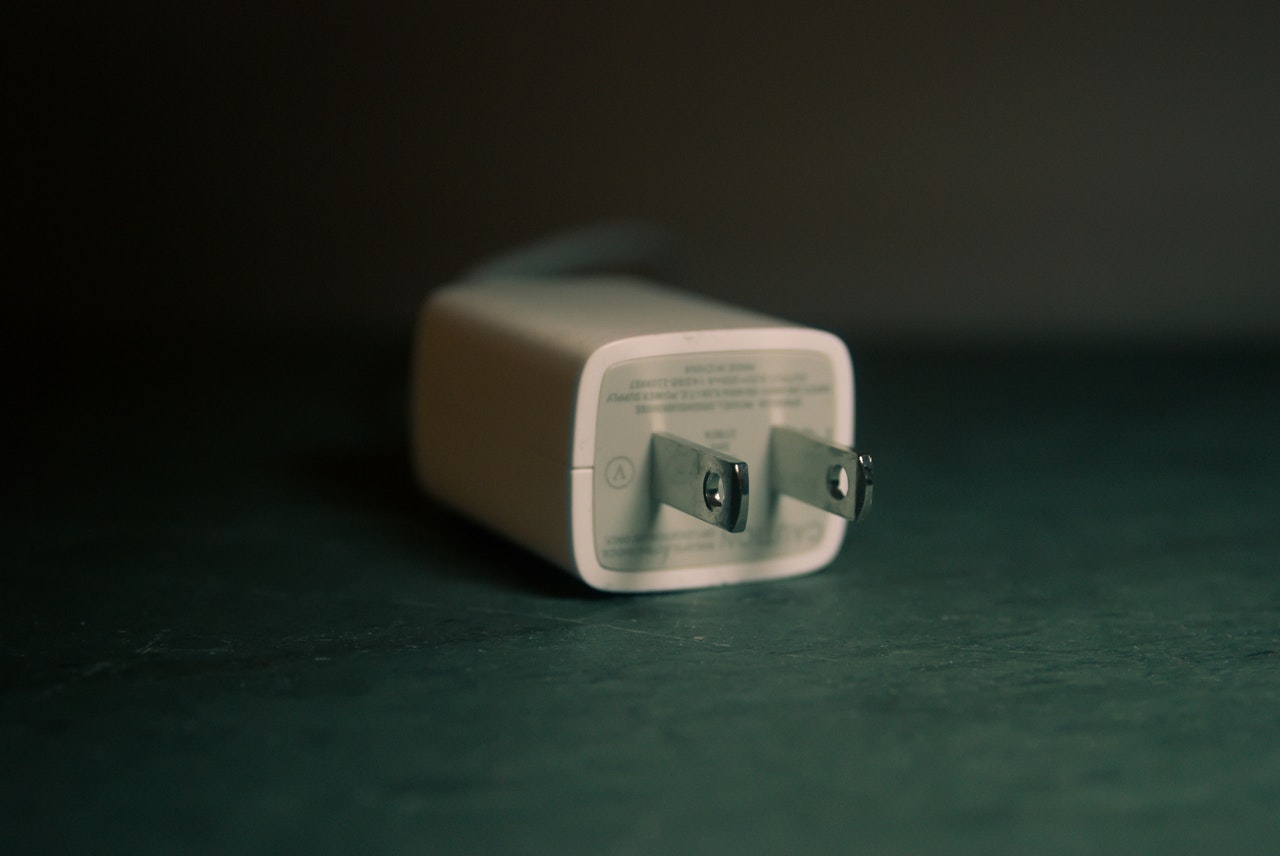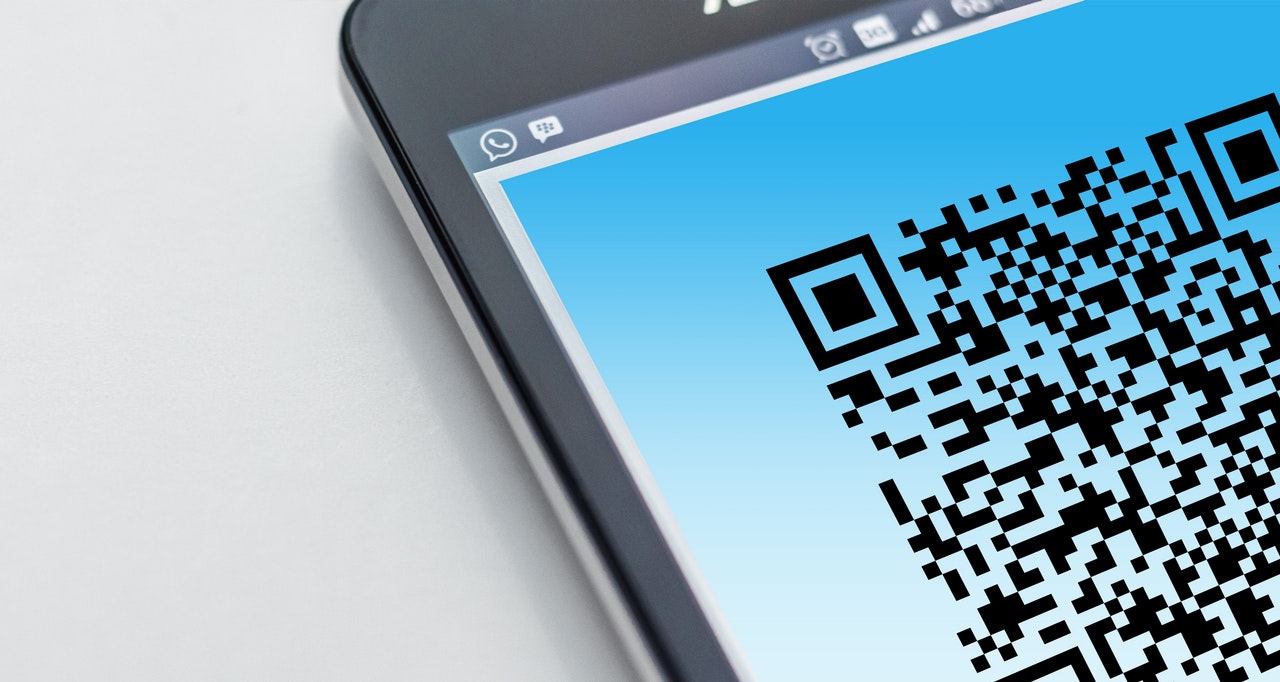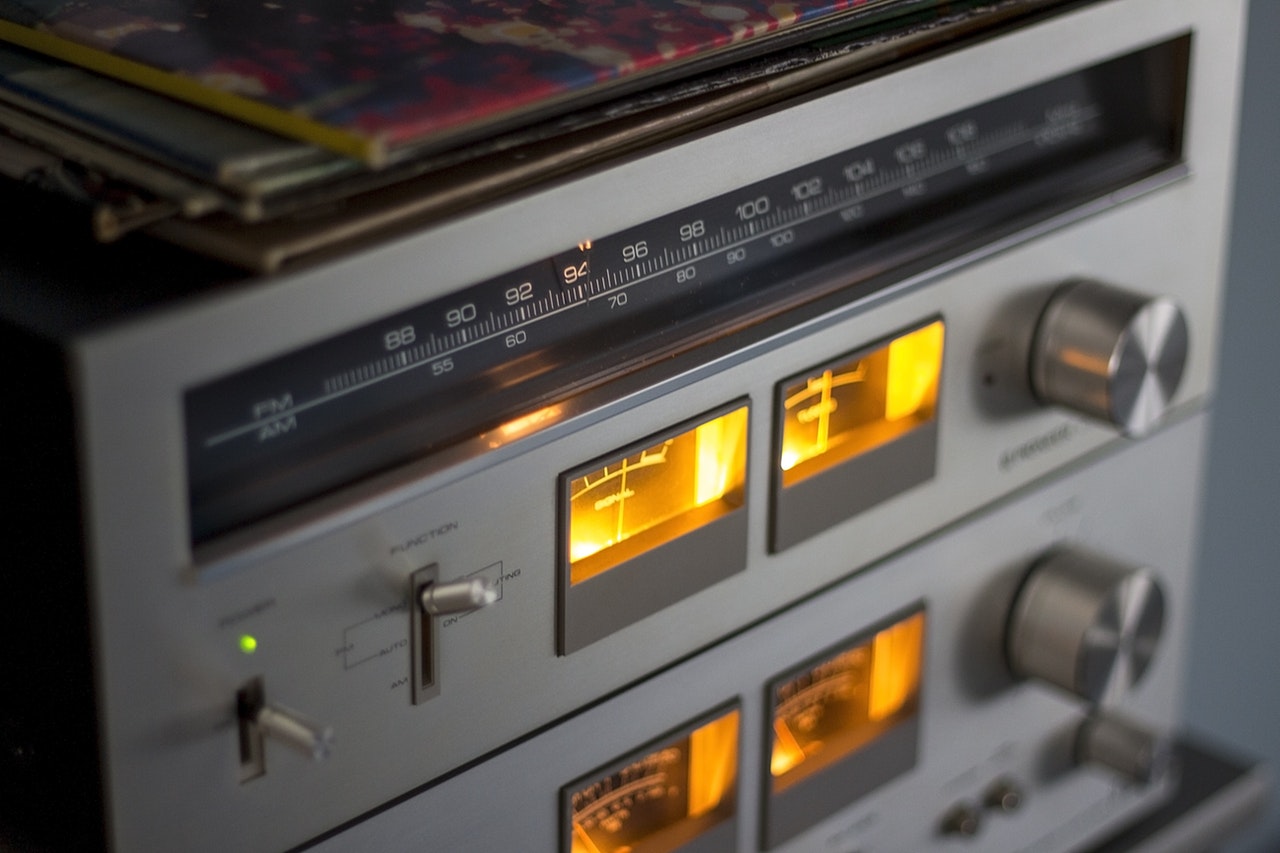Anglicisms are English words used in non-English languages. Call it language evolution or extermination, but English words are definitely part of the French language right now. Here are 20 anglicisms the French use daily, as well as the Quebecers.
Why Do French People Use Anglicisms?
Even though the English language is (surprisingly?) the third most spoken language in the world (Chinese and Spanish both surpass English speakers in the world), it is the most used language in tech, film, business, etc. In French-speaking countries, many people use English words instead of using French words to express things or feelings in everyday life. These are called anglicisms.
Because there are so many popular English words used daily, the French use these instead of creating their own words. This causes a lot of debates and annoyances in France, especially with l’Académie Française (the authority on everything related to the French language in France) because including more and more English words risks obliterating their precious language.
The French-speaking purists feel as though their language is in jeopardy since English words are used in almost every sentence. French is becoming more frenglish than pure French since around 90% of French speak frenglish. If you speak a little bit of French and live in an environment with French-speaking people around you, you’ll probably recognize a lot of these anglicisms the French use. Some of these anglicisms are especially used in Quebec.
20 Anglicisms That the French Use
Flusher instead of saying tirer la chasse d’eau;

Cheap instead of saying bon marché, abordable, à prix réduit;

French people might use “cheap” to talk about an object or… a person! “Il gagne bien sa vie et pourtant il est cheap !”
Momentum instead of saying élan, lancée or impulsion;

Show instead of saying spectacle;

You can learn how to say “a show” in French: un spectacle, un concert… Or you can just stick with “show”. “On va à un show d’humour ce soir.”
Plug instead of saying prise;

Focus instead of saying se concentrer;

Lousse (like loose) instead of saying mobile, qui a du jeu, ample, flottant;

If you visit Québec city or Montréal, you might hear people use this term. “Faut qu’on s’arrête, mes chaussures sont lousses”.
Booker instead of saying réserver, retenir, prendre;

Do you know any French people that have booked a vacation recently? They even conjugate the English verb! “On a booké des vacances en Martinique.”
Addictif instead of saying toxicomanogène;

Contacter instead of saying joindre, s’adresser à, communiquer avec;

Sure, this words sounds French enough. But it’s a copy of the verb “to contact”. Since it’s used a lot, plenty of French people don’t even know that “contacter” is an anglicism. Instead, they should use “entrer en contact avec”, “joindre”, “s’adresser à”, “communiquer avec”.
Supporteur instead of saying partisan, admirateur, sympathisant;

À date instead of saying à jour, jusqu’ici, à ce jour;

Céduler instead of saying fixer, prévoir, programmer;

That’s a weird one… Quebecers took the English verb “to schedule” and gave it a French spelling. Schedule -> céduler. Does it make sense?
Impacter instead of saying percuter, concerner, influencer, intéresser;

Blanc de mémoire instead of saying trou de mémoire;

Appel longue distance instead of saying appel interurbain, communications internationales;

À l’année longue instead of saying toute l’année;

Again, you’ll hear that in Quebec.
Bon matin instead of saying bonjour (when you’re saying good morning);

If you want to say hi to Quebecers, use “Bon matin” instead of “Bonjour”.
Scanner instead of saying numériser;

Switcher instead of saying changer, échager.

To be honest, these words are only a fraction of the anglicisms the French use… And sometimes they don’t even notice it! Do you know any other anglicisms?











